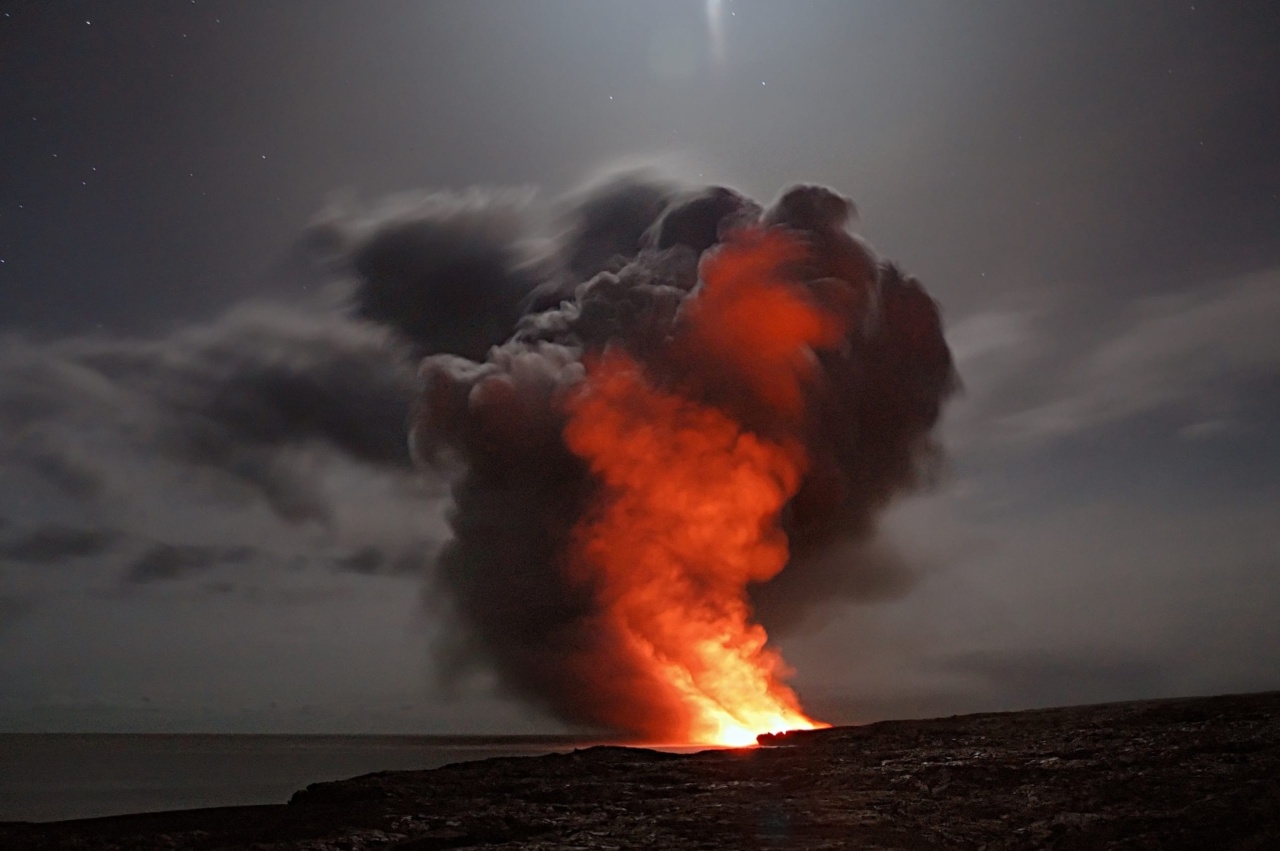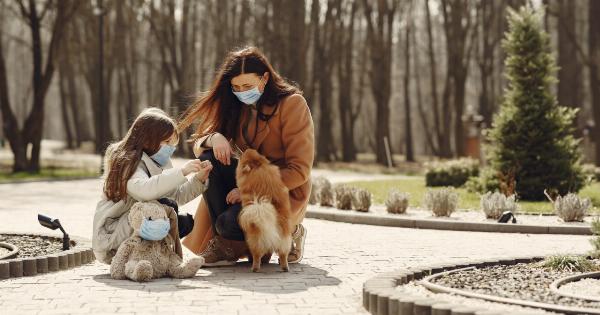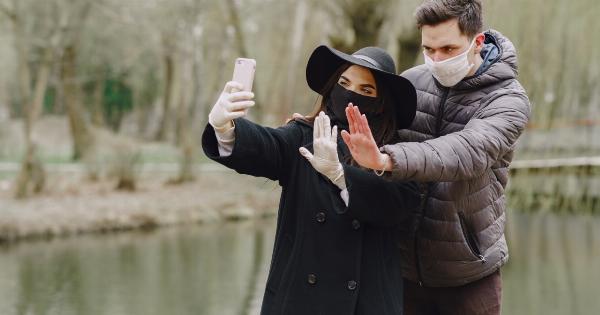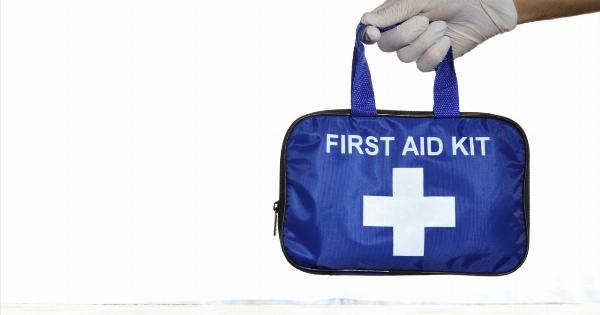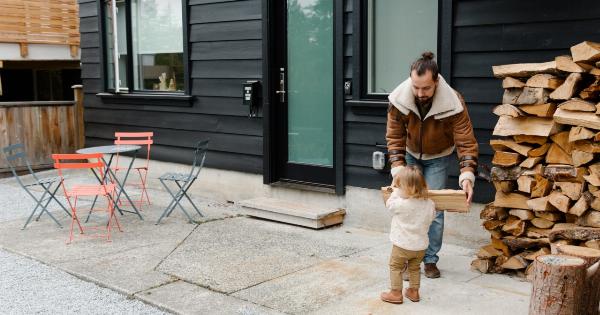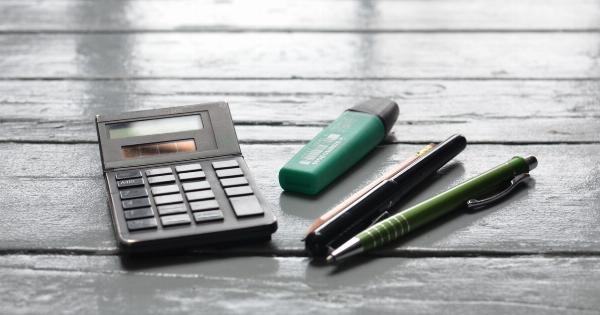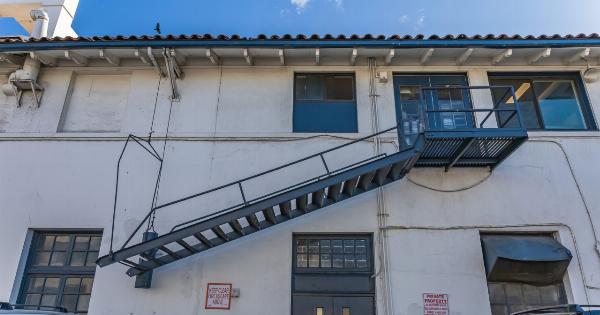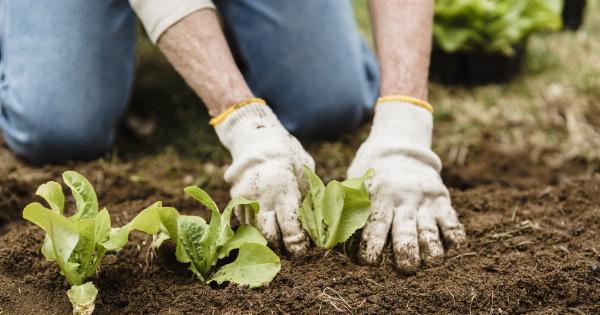Earthquakes are one of the most terrifying natural disasters. They can strike suddenly and with such force that they can cause widespread damage, injury and loss of life.
It’s important to be prepared for an earthquake and know what to do when one strikes. In this article, we will provide you with some tips on what to do when an earthquake strikes.
Before an Earthquake
Preparing yourself for an earthquake is crucial. Here are some things you can do to be ready:.
- Create an emergency plan with your household members. Know where to meet and what to do if you get separated.
- Identify the safe spots in your home, workplace or school. These are places where you can take shelter during an earthquake such as under a sturdy desk or table or against an interior wall.
- Secure your belongings. Make sure that heavy objects are anchored and that breakable items are stored in cabinets with latches.
- Have an emergency kit ready. This kit should include water, non-perishable food, first-aid supplies, flashlights, blankets, a battery-powered radio, and extra batteries.
During an Earthquake
When the ground starts shaking, stay calm and follow these steps:.
- Drop to the ground.
- Take cover under a sturdy desk or table. If there isn’t one nearby, cover your head and neck with your arms and crouch in an interior corner of the room.
- Hold on to shelter until the shaking stops. Don’t attempt to move or run during the earthquake.
- If you are outdoors, find a clear spot away from buildings, trees, and power lines. Drop to the ground and cover your head.
- If you are in a vehicle, pull over to a clear spot and stop. Stay in your car with your seatbelt fastened until the shaking stops. Then drive cautiously, avoiding bridges, overpasses, and buildings that could have been damaged by the quake.
After an Earthquake
Once the shaking is over, you should:.
- Check yourself and others for injuries. Provide first aid, if needed.
- Check your home for damage. If there’s any damage, leave the building until it’s inspected and declared safe by professionals.
- When leaving your home, wear sturdy shoes and have your emergency kit with you.
- Put out fires if they’ve started. If you smell gas, open the windows and exit the building immediately.
- Listen to the radio to stay updated on any emergency instructions.
- If you’re outside, stay away from buildings, trees, and power lines. Beware of falling debris.
- Only use the phone for emergency calls. Don’t overload the phone lines.
Conclusion
Knowing what to do when an earthquake strikes can save your life and the lives of those around you. Be prepared, stay calm and follow these tips.
If you live in an earthquake-prone area, it’s important to educate yourself and others, practice earthquake drills, and take necessary precautions to minimize risks.
